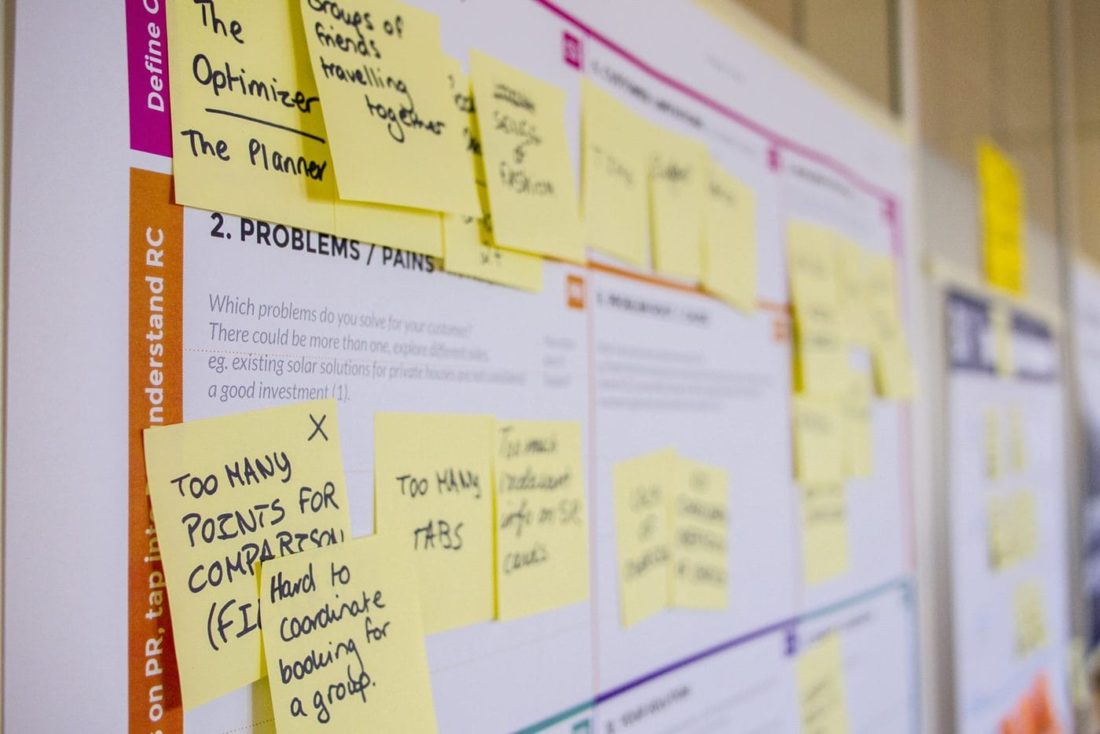
Consumer insight research – which includes qualitative research (focus groups, in-depth interviews, ethnographies, customer journey mapping research), user experience research, and quantitative research – is one of the most effective, proven ways to design better products, improve marketing campaigns, and raise customer success scores.
However, the end result of the research, which is typically a dense report, doesn’t often translate to results.
A dense report, even with clear customer quotes and recommendations, is often hard for siloed teams to follow. For example, who needs to take ownership and take action to ensure there are organizational or product changes? Should marketing or sales be responsible for messaging changes? These types of “what next?” situations commonly occur after a research report is delivered, and unfortunately, it often translates to lack of meaningful action.
At InterQ, we’ve seen this happen with our own reports we’ve delivered, and we’ve come up with a way to ensure that teams discuss – and delegate – action steps, based on the findings. We call our process a Research Insights Workshop. Essentially, it’s a collaborative way to bring disparate teams into the conversation, share with them key findings, and – most importantly – then have the teams themselves brainstorm ways to address the gaps and opportunities the research uncovered.
With COVID lockdowns, and many teams still working remotely, Research Insights Workshops have become even more crucial. Employees don’t have the same natural, in-office interactions with members outside of their teams, and back-to-back Zoom calls aren’t the best conduit for ensuring people take action and follow through.
But, when we put teams together in a Research Insights Workshop, we facilitate conversations, and we encourage the teams to come up with the next-best action point, based on the insights we present. It’s often especially illuminating when we are able to see teams challenge their own assumptions about what they thought other teams were handling, or even assumptions about what the customer wants. A workshop puts everyone in the same space, seeing the same consumer insights, so that they can come up with targeted changes, based on real-life data.
How are Research Insights Workshops conducted?
Pre-COVID (and soon, hopefully, post-COVID) our InterQ team conducts the research workshops on-site, at our clients’ offices. Fortunately, we have a suite of tools that are available to us so we can still conduct the workshops remotely. We personally love the tool Miro, as it allows us to create boards, journey mapping diagrams, and collaboration maps so that teams can see the insights posted, and then, with a moderator’s facilitating, come up with solutions collectively. At the end of the workshop, we package together the insights board and send it to everyone to ensure that the solutions that were agreed upon are now clearly articulated on a colorful digital board.
If your team is looking to conduct customer insights research, ensure that your investment pays off – hire a research company that will go the extra mile by conducting a research insights workshop with your team to ensure the findings are put into action.
